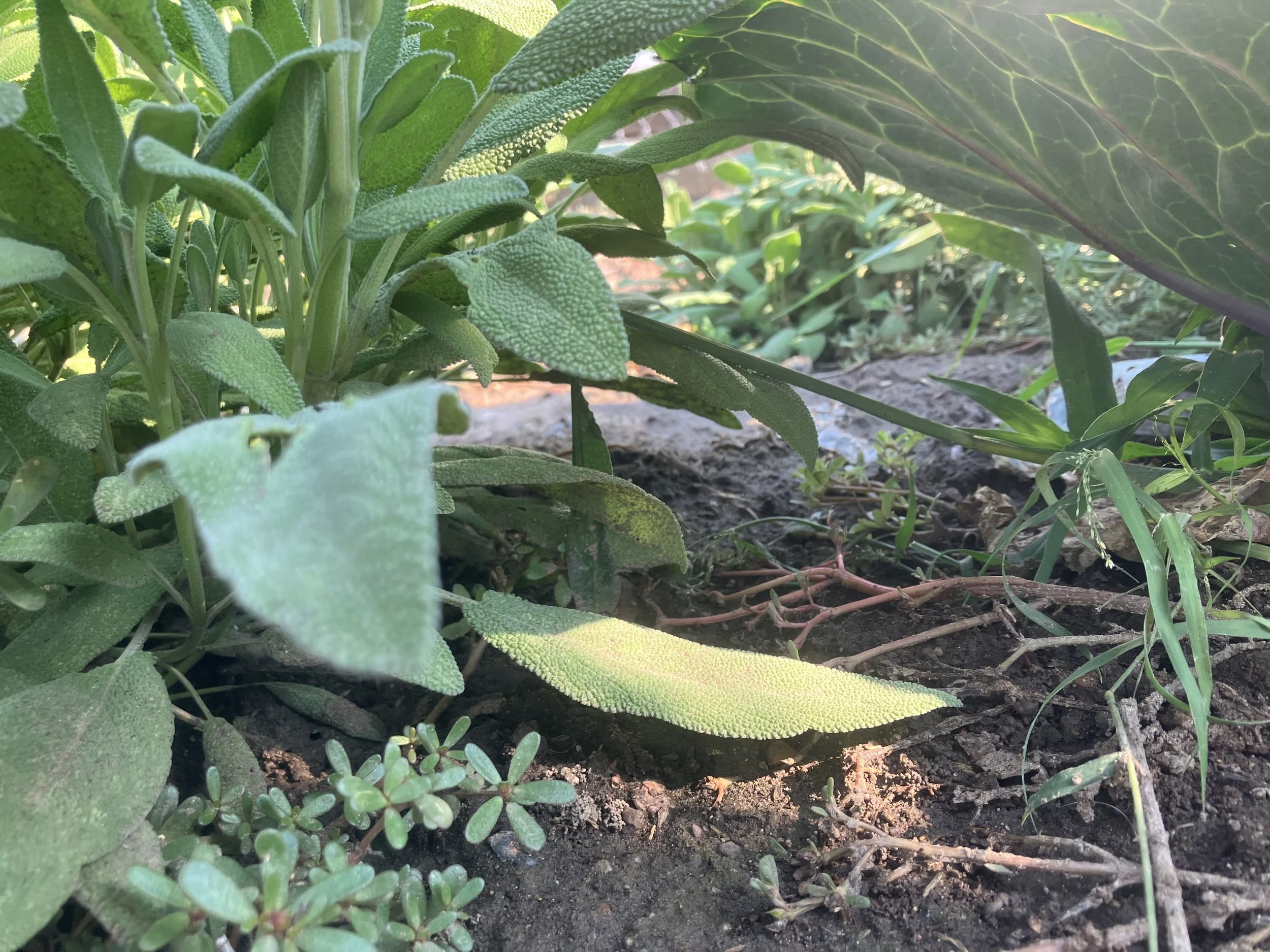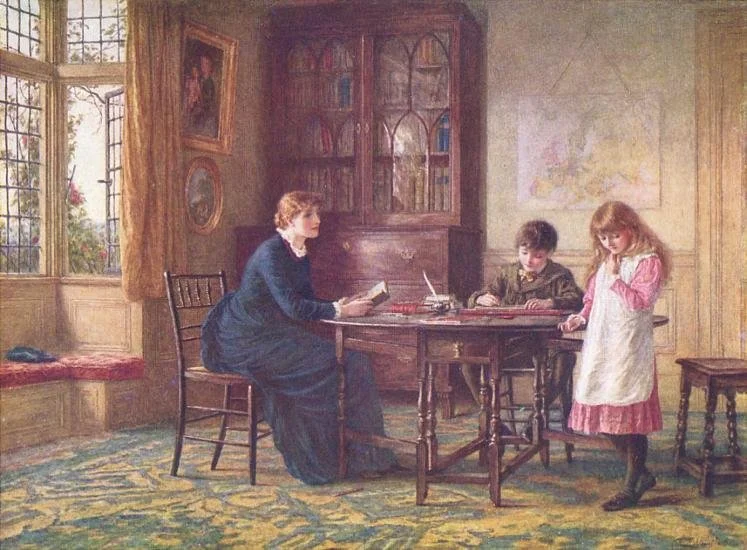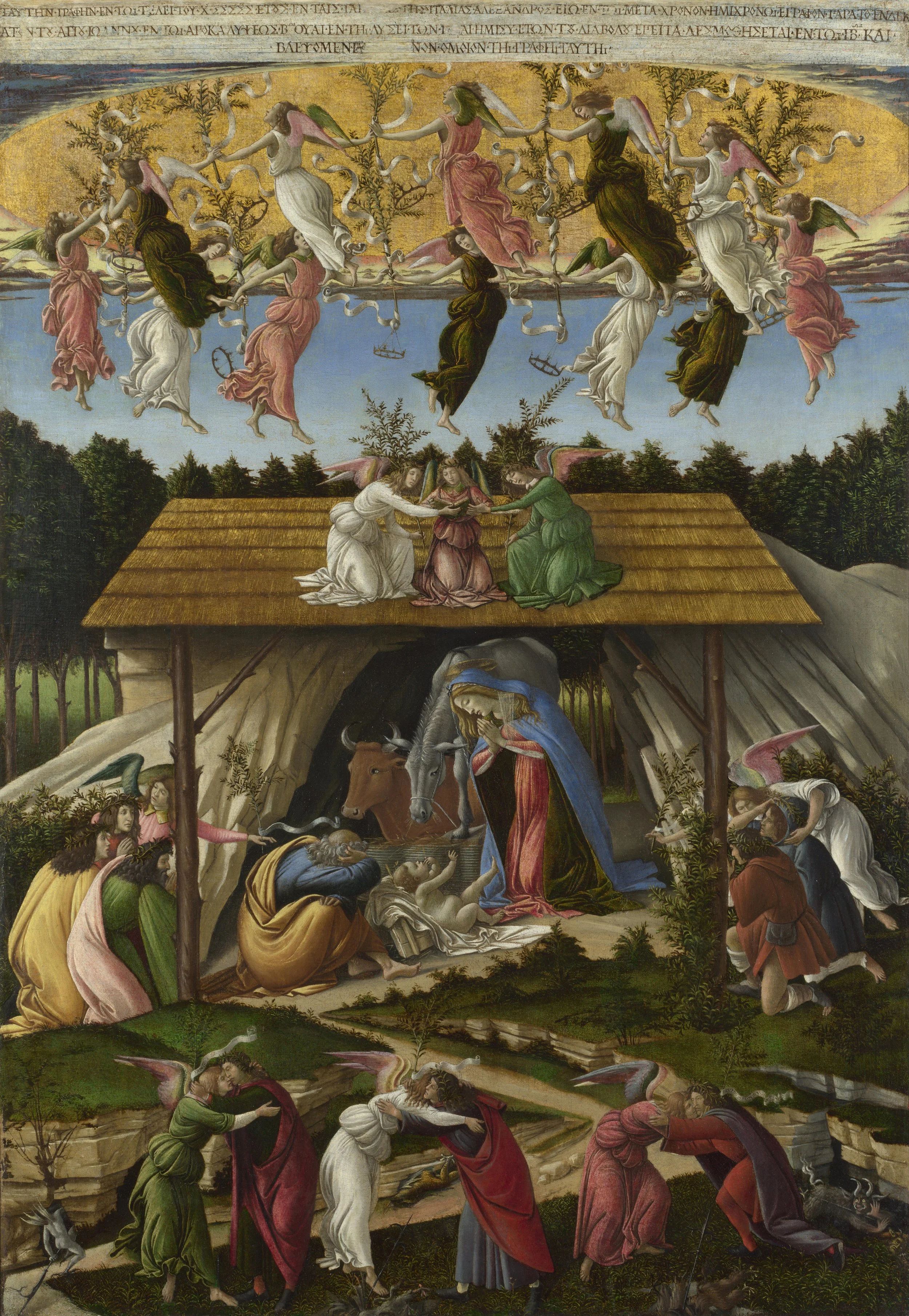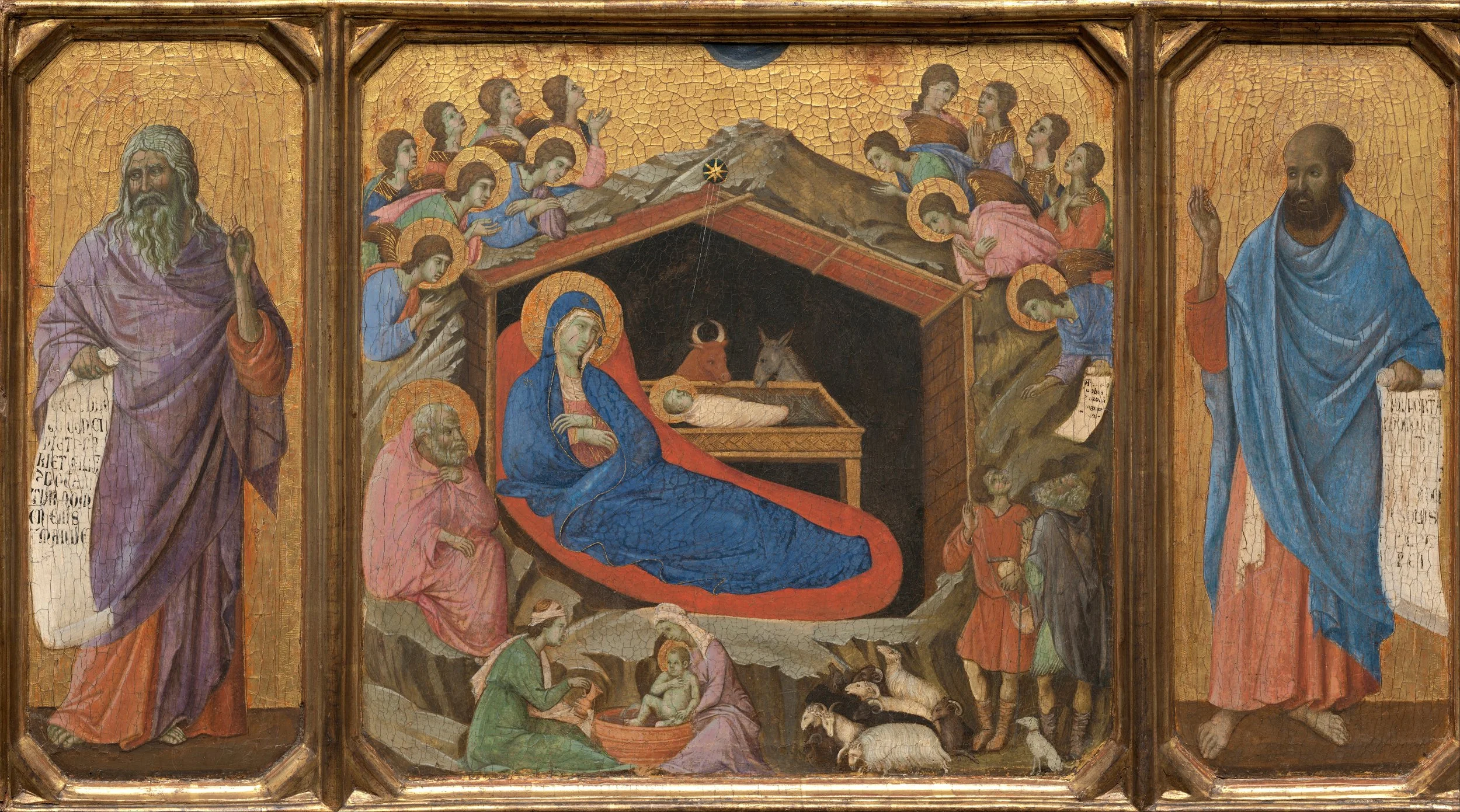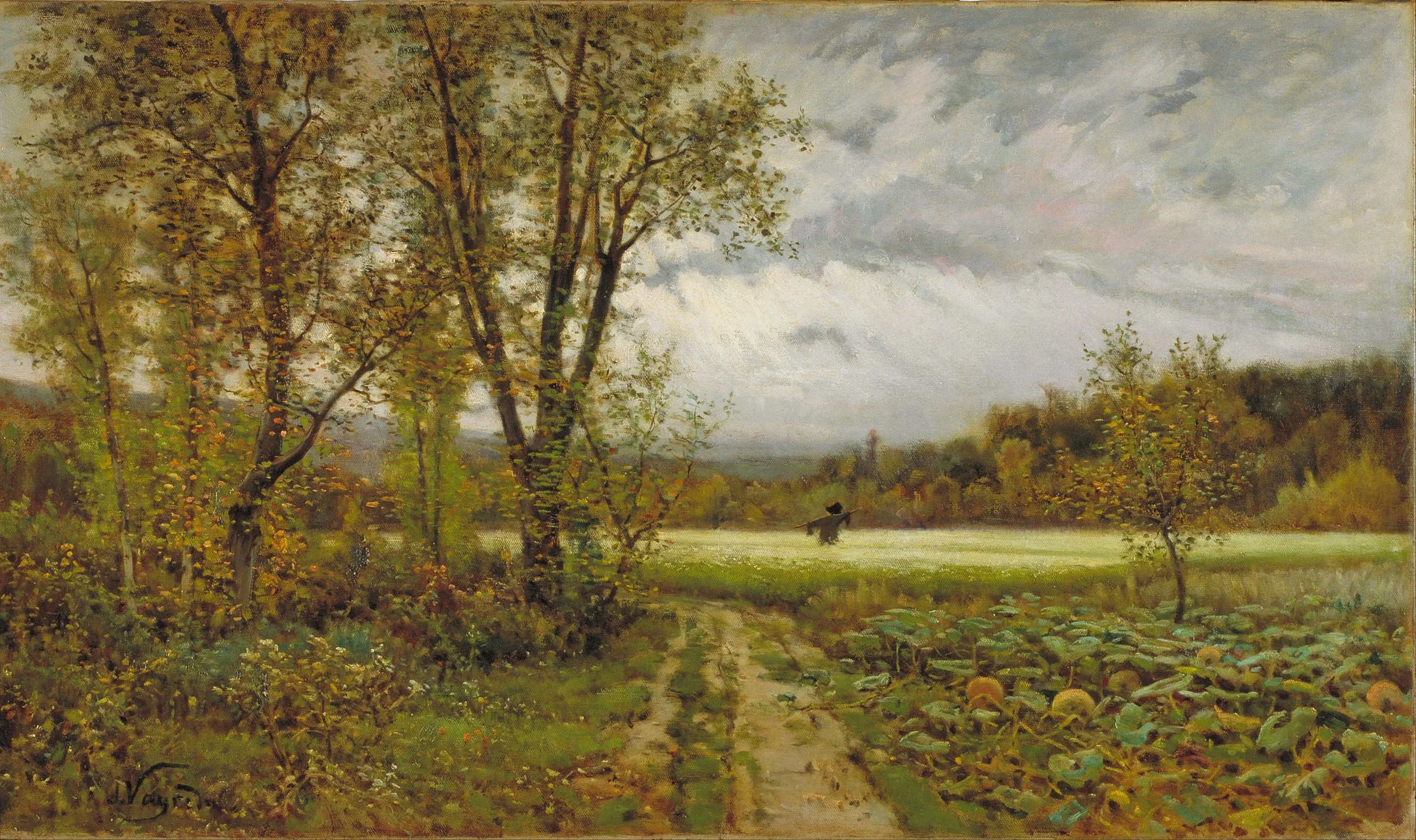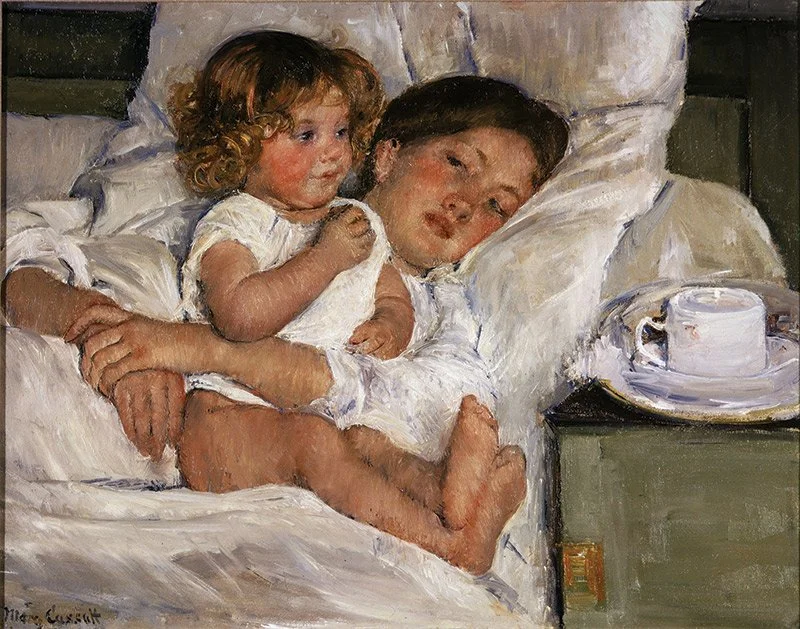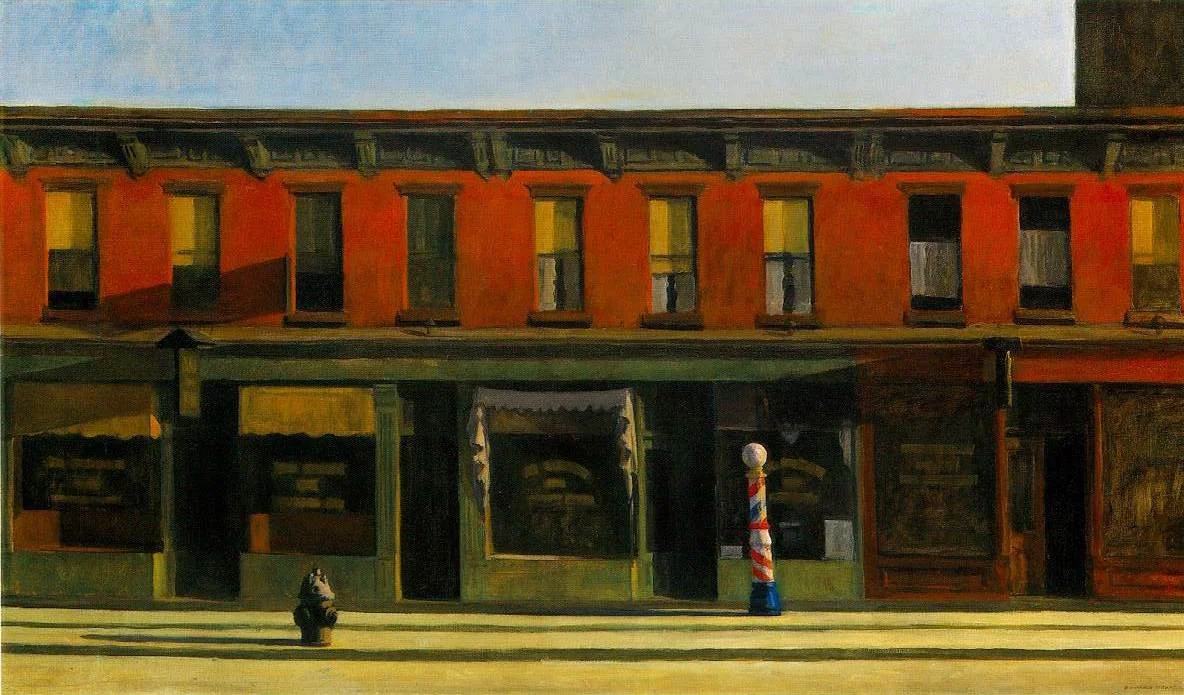Katie is joined in this episode by three lovely ladies who all homeschool their children following the educational philosophy depicted by Charlotte Mason and embodied by the Ambleside Online curriculum. They share a wealth of wisdom, experience, reassurance, and an introduction to what this life of learning looks like. This conversation encompasses even more than homeschooling ideas, though. They dive into what education really is and they touch on many of the foundational ideas and principles of a true life of learning. Enjoy!
Read MoreDr. Phillips graduated from Hillsdale College with a double major in Latin and Greek, and then went on to earn a PhD from the University of California Santa Barbara in Classical Studies. Currently, she teaches Latin and Greek for the House of Humane Letters. In this episode, she joins Katie to discuss the place of language in education, what Dorothy Sayers meant when she presented her famous essay “The Lost Tools of Learning” at Oxford, and the way her ideas have been misunderstood and misused in our time by neoclassical schools and institutions. Dr. Phillips explains in detail why education must always connect the universal principles to particular individuals and can never become a cookie cutter system designed to produce the same output with each child. Please listen, enjoy, and let us know your thoughts!
Read MoreThis will be an unpopular post. I understand that. To be clear, I don’t really dislike the fun and cute side of little ones dressing up in adorable outfits to parade around to friends’ and family’s houses. I find that to be harmless fun. But perhaps, if you’ll read this entire post, you’ll think just a little differently about the uglier parts of Halloween by the time you reach the end.
Read MoreAngela Weiss, experienced Charlotte Mason homeschooling mom, pastor's wife, life long learner, and burgeoning scholar, joins us on this episode of our special series on education to talk about how wisdom, virtue, and knowledge intersect and work upon us. She and Katie specifically discuss Charlotte Mason's essay on The Great Recognition, as depicted by the 14th century fresco titled The Triumph of Saint Thomas Aquinas and the Allegory of Christian Learning. It covers the left wall of the Spanish Chapel connected to the Santa Maria Novella in Florence, Italy and was referred to as the Vaulted Book by John Ruskin. Angela and Katie discuss at great length the immense comfort that comes from remembering that the Lord is the source of all wisdom, so that our children's education depends not upon how much we ourselves know, but on the Holy Spirit guiding and working upon our children as they touch great minds through living books. We hope you'll join us for a fun and wonderfully comforting conversation about the source and nature of true education!
Read MoreIt is easy to expect gifts from neighbors and loved ones as if they are our due. And taking these gifts for granted makes us forget that community must grow naturally from tiny seeds first before it can bear fruit, and just like the time and immense nutrition that tomatoes require to not just grow but turn deep red, community requires a great deal of tending, too, before it bears that fruit.
Read MoreOn this episode of our special series on education, Emily and Katie explore more deeply true education and what Charlotte Mason did for us by working so diligently to preserve the Western tradition of thinking and learning. They discuss the difference between the "why" and the "how" of educating, the importance of synthesis over analysis, and how the child must receive and digest knowledge herself instead of being force fed pieces of information. They dive into a lot more in this episode so don't miss it!
Read MoreOn this episode, Katie and Emily dive into a new series on education. Katie tells the story of her journey through the various worlds of education (Hillsdale, Liberal Arts, Classical Education, etc) and finally begins a brief description of the answers she has just started to find in Charlotte Mason, David Hicks, Karen Glass, Angelina Stanford, Cindy Rollins, and others. This is just the introduction...
Read MoreHere is the truth perceived by Canute and manifested by Jesus on the Sea of Galilee: there is a King and His laws still stand. There is order in this world. Tides come in and go out as usual. Storms rage and storms cease. And none of this is accidental. It’s all carried out by the decrees of the Lord.
Read MoreWhile there are no “quick” fixes for our modern educational woes, there is a relatively easy-to-implement pedagogical method that can be used in any number of circumstances. This method is the art of narration. If you have dabbled in the world of Charlotte Mason at all (or perhaps you’ve dived in head first), narration is not a new idea. In fact, it is one of the primary tenets of the Englishwoman’s philosophy of education. Reading about it from her own works or learning about it from Karen Glass in her excellent book Know and Tell will quickly convince you that narration is some kind of magical antidote for our modern educational woes.
Read MoreIn this episode, Katie is joined by Pastor David Kind from University Lutheran Chapel in Minneapolis, MN. They discuss the history of the liturgy from ancient times to today. They cover topics like how certain familiar ceremonial practices developed, why different churches practice the liturgy differently (or not at all), best practices for introducing a congregation to a new (to them) liturgical practice, and - one of Katie's favorite topics - the lectionary. Pastor Kind explains why the new three year lectionary was adopted by many churches and whether that was a good thing or not for the church as a whole. Listen and enjoy!
Read MoreEmily and Katie discuss the transformational nature of motherhood. It is a new identity given to each woman. It is not easy, but neither is it a burden. The discussion comes to focus on the increasingly negative view of motherhood in America as a tremendous burden and miserable "career"; as a "gauntlet", a torture, and a daunting task. Emily remembers her own similar feelings when early on in motherhood and Katie describes the transformation she experienced when she became a mother and the true nature of motherhood that modernity has all but squashed in women. Enjoy!
Read MoreA different piece of artwork for each day of the week depicting the Nativity of our Lord and excerpts from the daily readings according to the historic lectionary.
Read MoreA different piece of artwork for each day of the week depicting the Nativity of our Lord and excerpts from the daily readings according to the historic lectionary.
Read MoreWith the start of Advent, Emily and Katie discuss all sorts of fun and meaningful aspects of the Advent, Christmas, and even Epiphany seasons. They also talk about listening to Handel's Messiah during these seasons and give some details and information about that work as well as a few guides to increase your enjoyment when listening to it. Enjoy!
Read MoreIt’s that time of year again: the time when everyone is talking about being thankful. It strikes me every year that we, who live the most decadent lives of any civilization in history, have set aside only one day to be thankful for all that we have…
Read MoreIn his famous essay by the same name, Wendell Berry asks the important question “What are people for?” A similar question could be asked about women. And the answer is connected. He makes the point that people are to be degraded and dehumanized in our current culture. Something similar has happened to women. They’ve been removed completely from their proper context and put into boxes - one side says they belong in a career, they ought to look just like men. The other side says they belong in the home and what they do there is limited. The idea that women are human beings has failed to occur to many.
Read MoreOctober is Pregnancy and Infant Loss Awareness Month. The 15th of October is the annual day of observance for this type of tragic loss. Emily and Kate decided to dedicate an episode to discussing their own losses and how God grants us the strength and endurance to grieve for our little ones. They also discuss how Scripture gives us the words for expressing our deep sadness and helps all of us comfort one another.
Read MoreA new season, a new cohost! Meet Emily Olson, wife, mother, writer, teacher, friend, and fellow Christian.
Read MoreWe ought to practice some discretion and recognize that not being Penny Pinterest is not a sin. Moderation in all things. We don’t need permission to sit down for a rest, to spend a quiet moment with a good friend, to take a shower that lasts longer than four minutes. Taking care of our own bodies and souls is not simply today’s poorly termed “self-care”. It isn’t a form of the hilarious and obviously excessive “Treat-Yo-Self” practice from that popular TV show. It’s appropriate and proper for both the woman and those the woman is caring for. Rest is as necessary and good as the work we must do.
Read MoreI would guess that if you’re a Christian parent during these troubling days, there is one question you have definitely struggled with: How do I introduce smart phones, social media, and screens in general to my kids? I know you’ve asked this question because every parent I talk to wonders about it, whether her child is three years old or fifteen. The problem is not going away and there is no easy solution.
Read More

